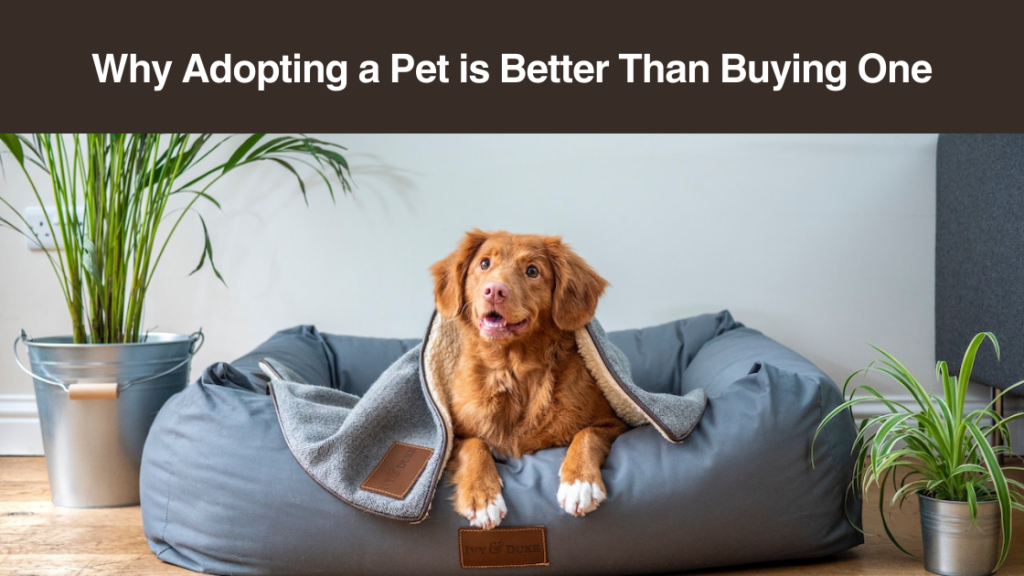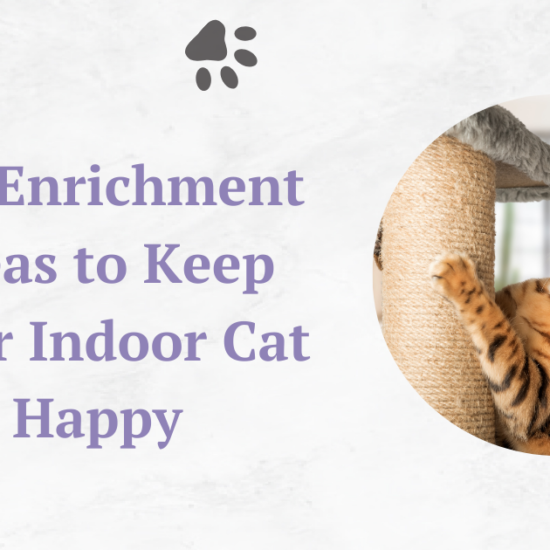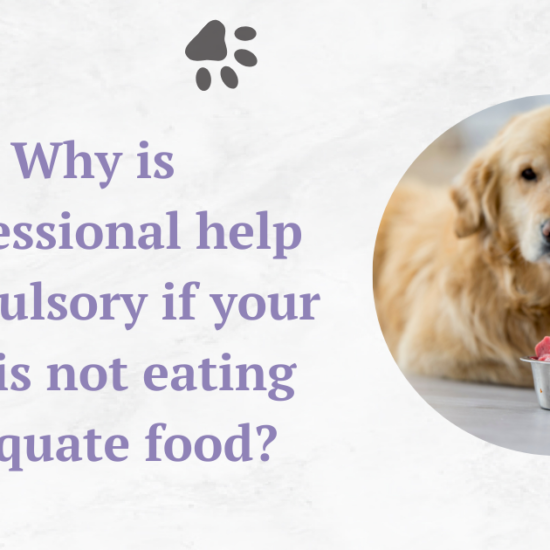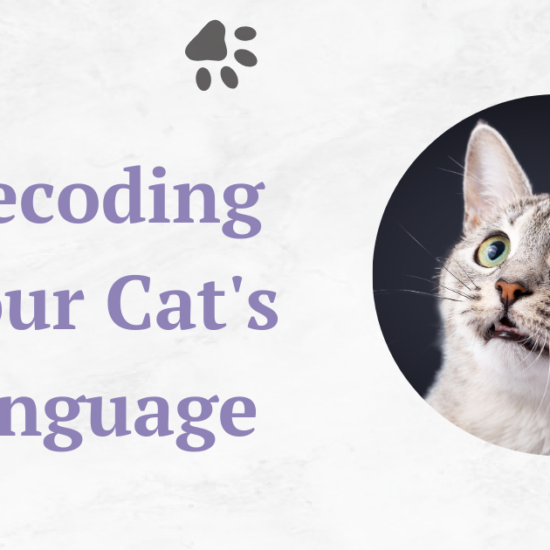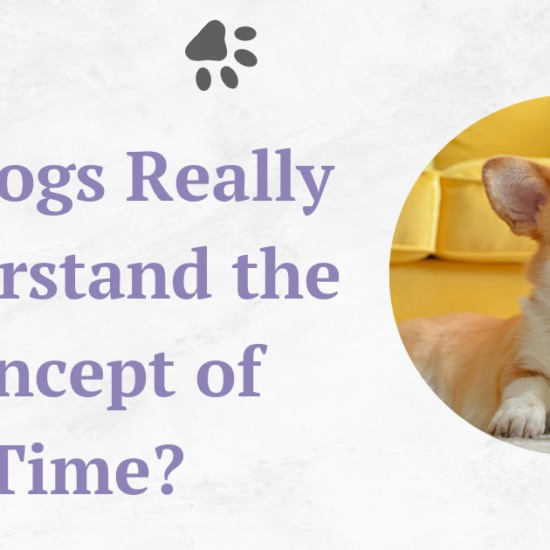In recent years, the debate surrounding pet adoption versus purchasing has gained significant attention. Is adopting a pet better than buying one? Why buy a pet when you can adopt one? As prospective pet owners weigh their options, it becomes essential to thoroughly examine the benefits and considerations associated with both approaches.
Table of Contents
Introduction
This article aims to provide an elaborate examination of the topic, considering factors such as cost, ethical considerations, health concerns, and emotional fulfillment. By understanding the pros and cons, along with the major differences between adopting and buying a pet, individuals can make an informed decision that aligns with their lifestyle and values.

Adopting a Pet vs. Buying One
Major factors to decide why adopting a pet is better than buying one are mentioned below.
Cost Considerations
When considering the cost of adopting a pet vs. buying one, it is essential to take into account various factors that contribute to the overall expenses. Buying a pet from a breeder or a pet store often involves a higher upfront cost, especially if the animal is purebred with desirable traits. Purebred animals tend to come with higher price tags due to the careful breeding and selection process that goes into producing them. Additionally, certain breeds may be more popular or rare, further driving up their price.
In addition to the purchase price, there are other financial considerations when buying a pet. Pet Vaccinations, microchipping, and initial healthcare can quickly add up. Responsible breeders often ensure that their puppies or kittens receive appropriate vaccinations and veterinary care before they are sold, which contributes to the higher price. However, it is important to note that these initial costs can vary depending on the breeder and the specific needs of the pet.

On the other hand, adopting a pet from a shelter or rescue organization tends to be more cost-effective. Adoption fees typically cover essential veterinary procedures such as vaccinations, spaying or neutering, and sometimes even microchipping. These fees are generally lower than the cost of purchasing a pet, as shelters aim to make pet adoption accessible and affordable. Some shelters also provide additional benefits, such as free initial vet visits or discounted training classes, which can further reduce the financial burden on new pet owners.
It is worth noting that the cost of pet ownership extends beyond the initial adoption or purchase fees. Ongoing expenses such as food, grooming, toys, regular veterinary check-ups, and preventive medications should also be considered. These costs are relatively similar whether the pet is adopted or bought, as they are necessary for the overall health and well-being of the animal. Potential pet owners should carefully evaluate their budget and ensure they can afford the long-term expenses associated with pet ownership, regardless of the initial acquisition cost.
Ethical Considerations
Ethics play a crucial role in deciding whether adopting a pet is better than buying one. Adopting a pet from a shelter or rescue organization is often considered a more ethical choice. By doing so, individuals contribute to the welfare of animals in need and help combat the issue of pet overpopulation. Shelters and rescue organizations provide a safe haven for abandoned, neglected, or stray animals, giving them a second chance at life.
One of the primary ethical differences between adopting and buying a pet is the potential support of irresponsible breeders or puppy mills through buying them. Unscrupulous breeders may prioritize profit over the welfare of animals, leading to poor breeding conditions, genetic health issues, and potential mistreatment. Puppy mills, in particular, are known for their inhumane practices and the overbreeding of dogs in deplorable conditions. By purchasing pets from these sources, individuals inadvertently contribute to the perpetuation of unethical breeding practices.
To mitigate these ethical differences between adopting and buying a pet, potential buyers should choose to support responsible breeders who prioritize animal welfare. Responsible breeders focus on producing healthy, well-tempered animals by adhering to proper breeding practices, ensuring the health and well-being of their breeding animals, and prioritizing the socialization and proper care of their puppies or kittens. Reputable breeders are transparent about their breeding practices, allowing potential buyers to visit their facilities, meet the parent animals, and assess the conditions in which the animals are raised.
Another ethical consideration when it comes to deciding why adopting a pet is better than buying one is the concept of giving a second chance to animals in need. Adopting a pet from a shelter or rescue organization provides a loving home and a better life for animals that have been abandoned, neglected, or mistreated. It allows individuals to actively contribute to animal welfare by supporting organizations that work tirelessly to rescue and rehabilitate animals in need. By adopting a shelter pet, individuals can directly contribute to reducing pet overpopulation and the number of animals euthanized due to a lack of space or resources.
Note: There might be affiliate links mentioned here. We may receive a commission if you purchase a product through an affiliate link. There is no additional charge for you. Please do your own research before making any online purchases.
Health Considerations
The health of a pet is a significant factor to consider when choosing between adopting a pet and buying one. Shelter animals often receive thorough veterinary care before they are made available for adoption. This care includes vaccinations, spaying or neutering, and regular check-ups. Rescue organizations typically ensure that pets are healthy and ready for adoption, reducing the risk of unexpected medical issues. Many shelters also provide a comprehensive medical history of the pet, allowing potential adopters to be aware of any pre-existing conditions or ongoing treatments.
In contrast, pets bought from breeders or pet stores may be more susceptible to genetic health problems. Irresponsible breeders who prioritize profit over proper breeding practices may produce animals with hereditary conditions or poor overall health. Some breeds are prone to specific genetic diseases, and purchasing a pet without proper research and due diligence may lead to unforeseen health issues down the line.

To ensure the health and well-being of a pet purchased from a breeder, potential buyers must conduct thorough research and choose reputable breeders. Reputable breeders prioritize the overall health of their animals and invest in genetic testing, health screenings, and proper care for their breeding animals. They aim to produce healthy and genetically sound offspring, minimizing the risk of passing on genetic disorders. By selecting a competent breeder, potential pet owners can boost the likelihood of bringing home a pet with high health prospects.
It is important to note that even with proper breeding practices, no animal is entirely immune to health issues. Regular veterinary care, a balanced diet, exercise, and a safe environment are crucial for maintaining the overall health and well-being of any pet, regardless of its origin. Pet owners should be prepared to provide the necessary care and attention to address any health concerns that may arise throughout their pet’s life.
Emotional Fulfillment
The emotional aspect of pet ownership is a significant consideration for many individuals contemplating why adopting a pet is better than buying one. Both adopting and buying a pet can bring immense joy and companionship. Shelter animals, in particular, often exhibit gratitude and loyalty, having experienced difficult circumstances before finding a loving home. The bond formed with a rescued pet can be incredibly fulfilling, knowing that their new home provides safety, love, and a fresh start in life. One of the major differences between adopting and buying a pet is that adopted ones typically display a remarkable ability to “read” their new owners’ emotions and develop strong bonds with them as a result.

Similarly, purchasing a pet from a reputable breeder can lead to a strong emotional connection. The ability to select a specific breed or type of pet can fulfill personal preferences and meet specific lifestyle requirements. Some individuals have a strong desire to have a particular breed due to specific characteristics, temperament, or historical significance. Choosing a pet with the right characteristics can increase the chances of a happy and healthy relationship between owner and animal.
It is essential to consider that the emotional fulfillment derived from pet ownership is subjective and can vary from person to person. Some individuals may find greater satisfaction in providing a home for a rescued animal, knowing they have made a positive impact on that animal’s life. Some people have strong preferences for particular breeds or characteristics because of emotional ties to those animals. The key is to ensure that the emotional fulfillment derived from pet ownership aligns with the individual’s values, lifestyle, and personal preferences.
FAQs
What are the cost considerations when deciding between adopting a pet and buying one?
The cost of buying a pet from a breeder or pet store is typically higher, as purebred animals come with a higher price tag. Additional expenses include vaccinations, microchipping, and initial healthcare. Adopting a pet from a shelter or rescue organization is usually more cost-effective, as adoption fees often cover vaccinations, spaying and neutering, and sometimes microchipping.
Are there ethical concerns associated with buying a pet?
Yes, buying a pet can support irresponsible breeders or puppy mills, which prioritize profit over animal welfare. These establishments may have poor breeding conditions, genetic health issues, and potential mistreatment. By choosing to support responsible breeders who prioritize animal welfare, buyers can mitigate these ethical concerns.
How do health considerations differ between adoption and purchase?
Shelter animals often receive thorough veterinary care before adoption, reducing the risk of unexpected medical issues. Pets bought from breeders or pet stores may be more susceptible to genetic health problems if bred irresponsibly. Responsible breeders prioritize the health of their animals through genetic testing, health screenings, and proper care.
How can adopting a pet contribute to animal welfare?
Adopting a pet from a shelter or rescue organization provides a loving home and a second chance for animals in need. It helps combat pet overpopulation and reduces the number of animals euthanized due to a lack of space or resources.
What emotional fulfillment can come from adopting a pet?
Adopted pets often exhibit gratitude and loyalty, having experienced difficult circumstances before finding a loving home. The bond formed with a rescued pet can be incredibly fulfilling, knowing that their new home provides safety, love, and a fresh start in life.
Can buying a pet also lead to emotional fulfillment?
Yes, purchasing a pet from a reputable breeder allows individuals to select a specific breed or type of pet that fulfills their personal preferences and lifestyle requirements. The joy of welcoming a new furry friend into one’s life can be equally profound, irrespective of the source.
What factors should be considered beyond the initial adoption or purchase fees?
Ongoing expenses such as food, grooming, toys, regular veterinary check-ups, and preventive medications should be factored in. These costs are relatively similar, regardless of whether the pet is adopted or bought.
How can I ensure I am supporting a responsible breeder?
Conduct thorough research and visit the breeder’s facilities to assess the conditions in which the animals are raised. Reputable breeders prioritize animal welfare, genetic health, and proper care for their breeding animals.
What if I want a specific breed or type of pet?
Buying a pet from a reputable breeder allows for specific breed preferences and may offer a more predictable health history. It is important to ensure that the specific breed aligns with your lifestyle and that you are prepared to meet its needs.
What is the most important aspect of pet ownership, regardless of adoption or purchase?
Responsible pet ownership entails providing love, care, and a safe environment for the animal. Regular veterinary check-ups, proper nutrition, exercise, and socialization are vital for the well-being of any pet.
Conclusion
The decision to adopt a pet vs buy one is a personal one that depends on individual circumstances, values, and preferences over the differences between adopting and buying a pet. Each approach has its own benefits and considerations. Adopting a pet promotes animal welfare, offers cost-effective options, and provides a second chance to animals in need. On the other hand, buying a pet from a reputable breeder allows for specific breed preferences and may provide a more predictable health history.
To make an informed decision, potential pet owners should carefully consider factors such as cost, ethics, health considerations, and emotional fulfillment. Thorough research, visiting local shelters, engaging with reputable breeders, and seeking advice from veterinarians or animal welfare organizations can provide valuable insights and guidance. Ultimately, the choice between adoption and purchase should align with the individual’s circumstances, values, and priorities.


